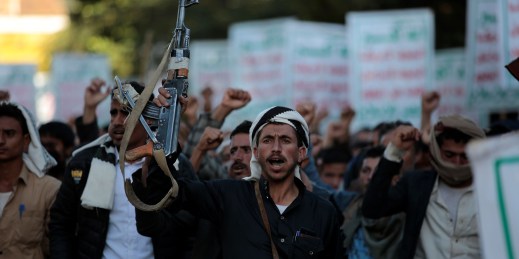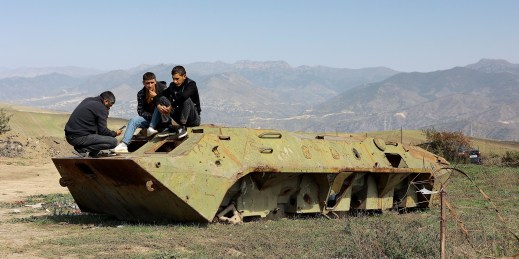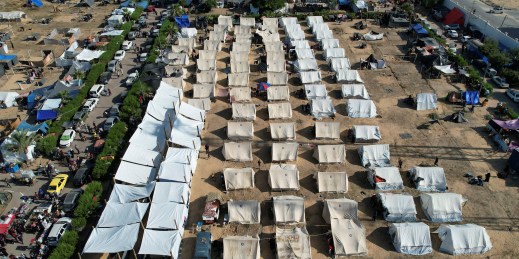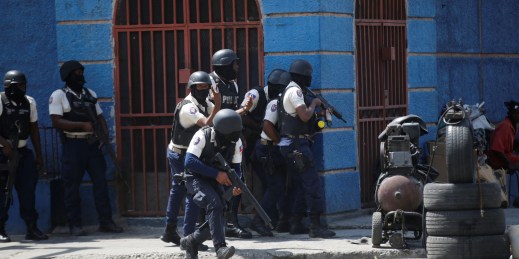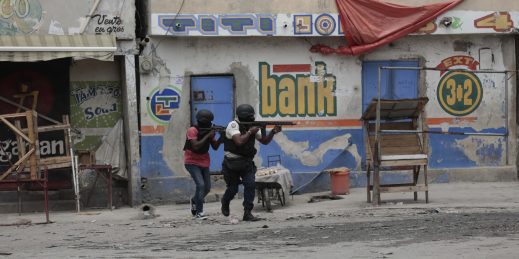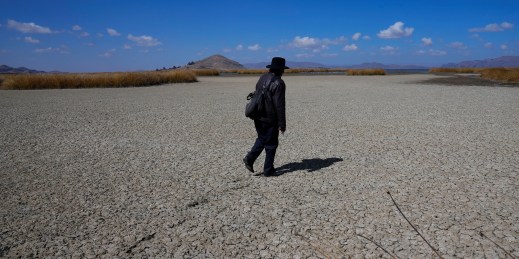
Lake Titicaca, spanning the border between Peru and Bolivia, is critical to supporting the livelihoods of 3 million people. That makes it all the more alarming that this year it was named the “Threatened Lake of the Year” by the Global Nature Fund and the Living Lakes Network, for the second time in just 11 years.

